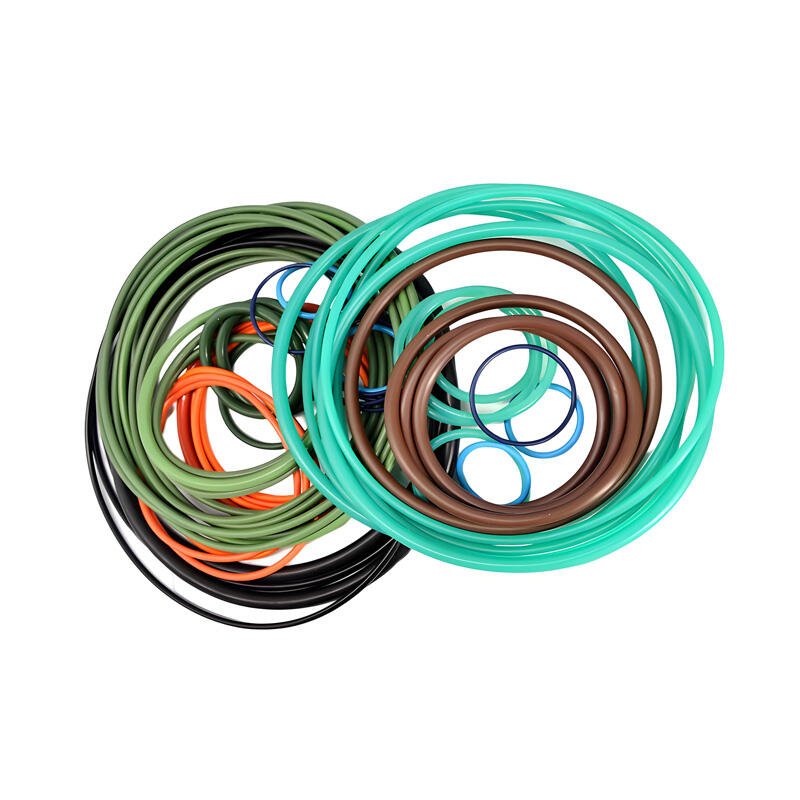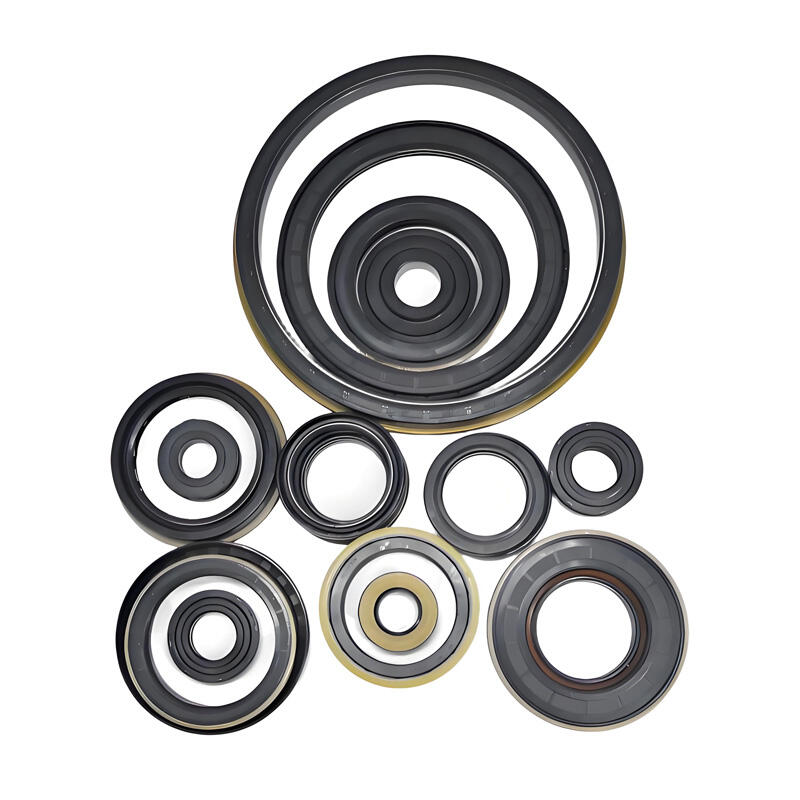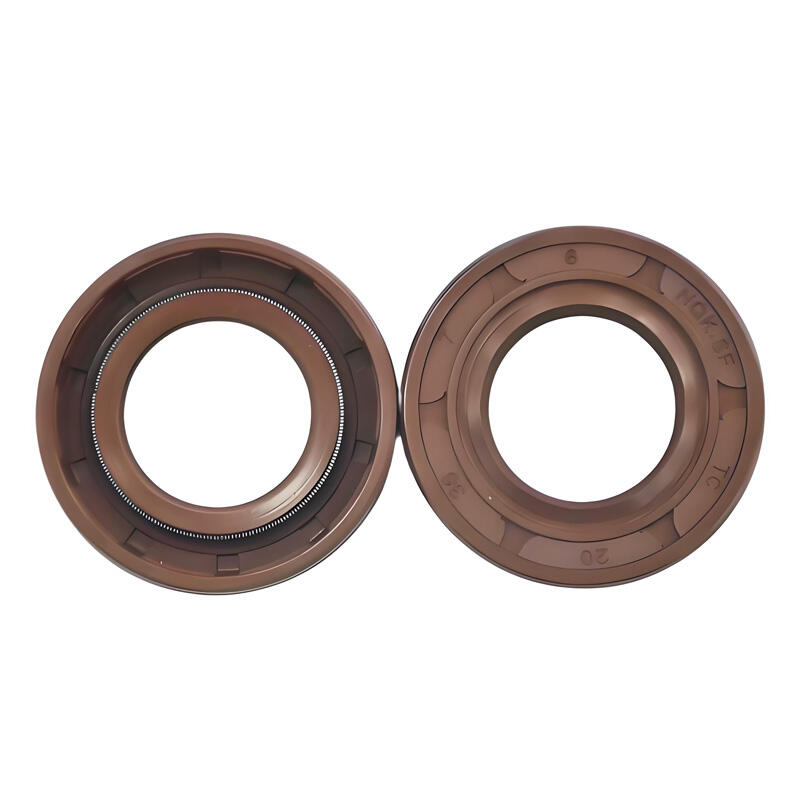engine oil seal price
Engine oil seal prices represent a crucial consideration in automotive maintenance and industrial applications. These essential components, designed to prevent oil leakage and maintain proper lubrication within engines, come in various price ranges depending on quality, brand, and specifications. High-quality engine oil seals typically feature advanced materials like nitrile rubber, silicone, or fluoroelastomer, offering superior resistance to temperature extremes and chemical exposure. The price spectrum reflects the technological advancement in manufacturing processes, with modern oil seals incorporating precision engineering for optimal sealing performance. Market prices generally range from budget-friendly options for standard applications to premium selections for high-performance engines. The cost factor also considers the seal's durability, heat resistance, and compatibility with different engine types. Many manufacturers now offer enhanced designs with improved lip configurations and spring-loaded sealing mechanisms, which influence the final price point. When evaluating engine oil seal prices, consumers must consider the long-term value, as higher-quality seals often provide extended service life and better protection against oil leakage, potentially reducing overall maintenance costs.


